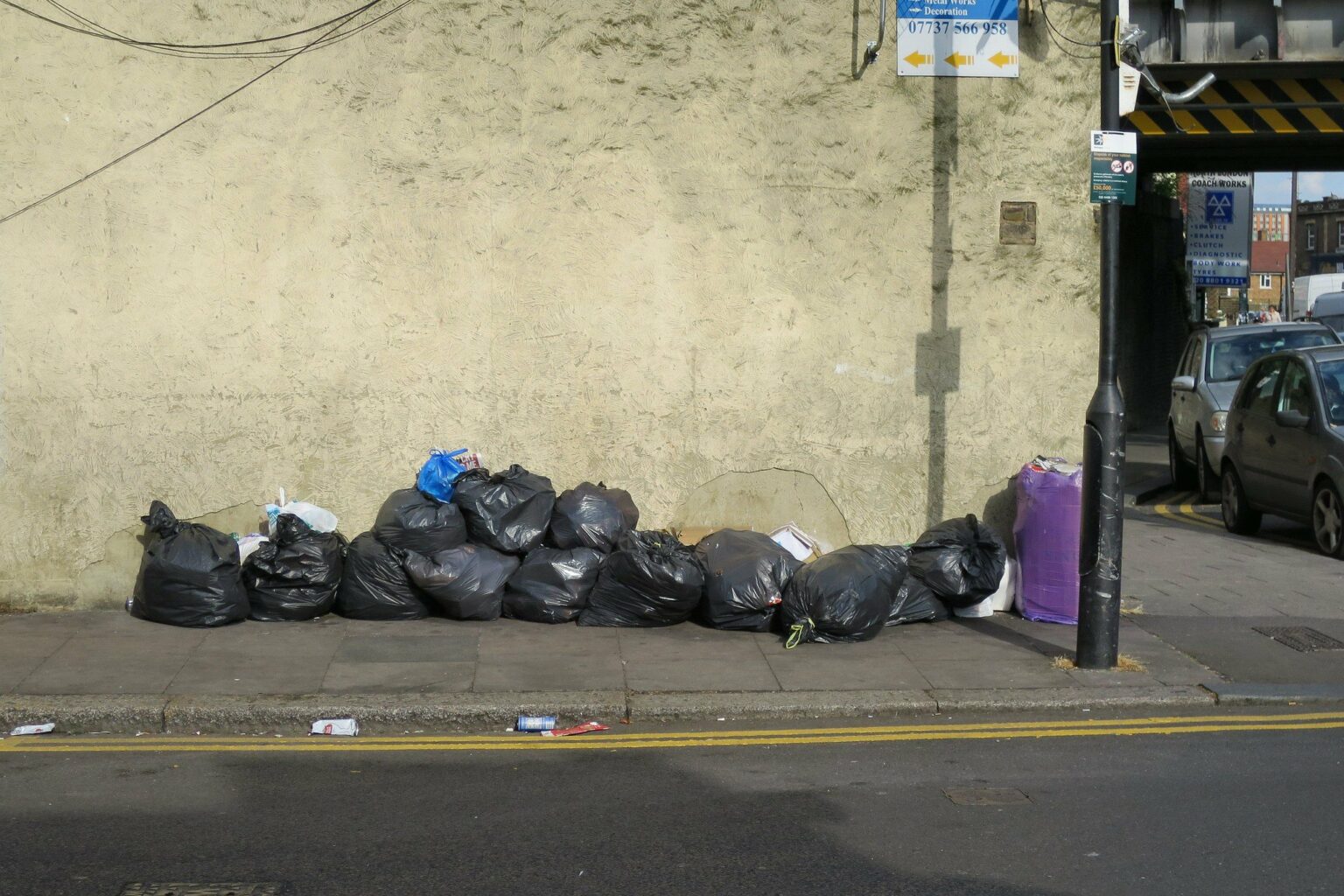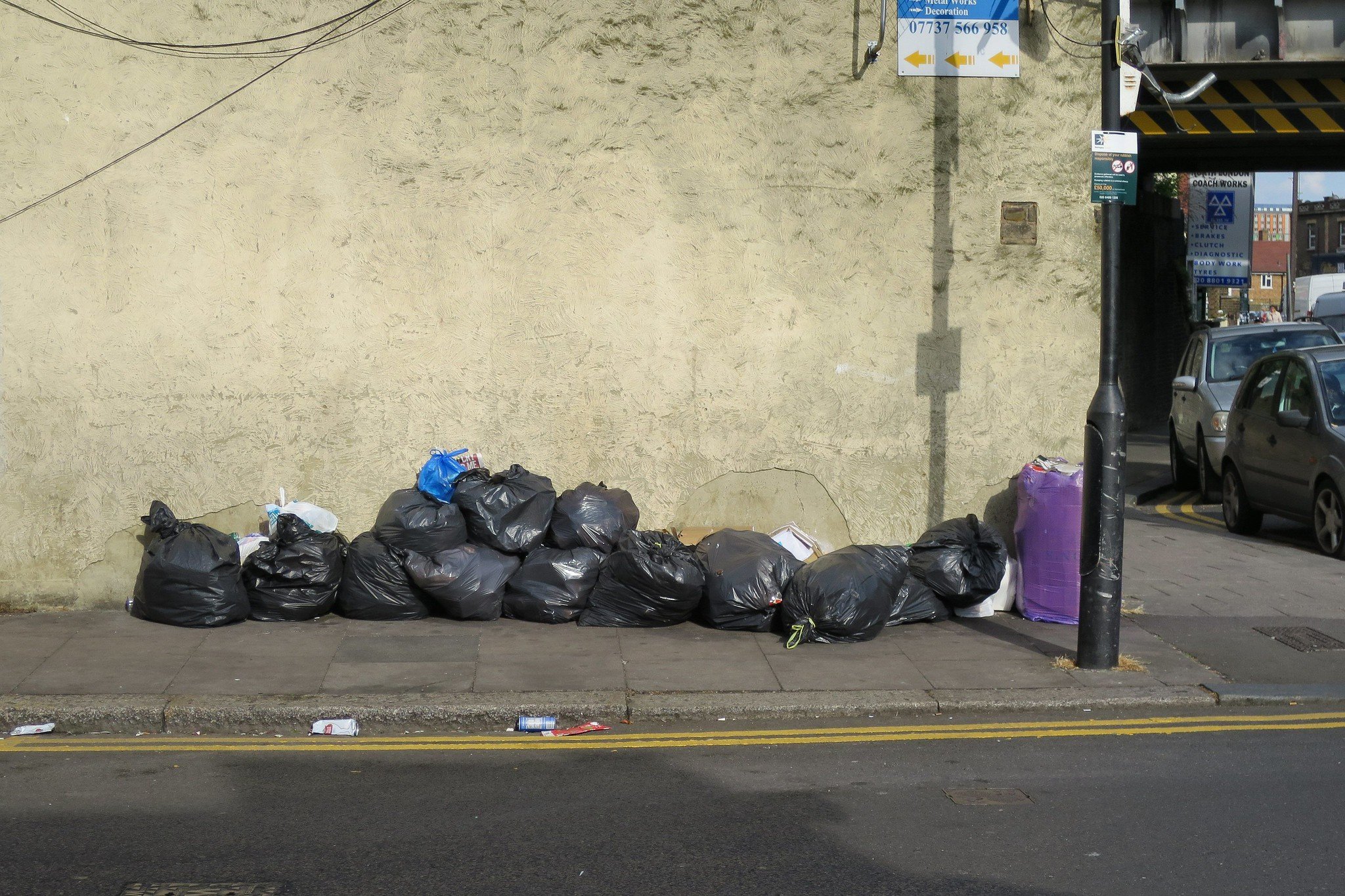
What is the Zero Waste Movement?
Zero Waste is the conservation of all resources by means of responsible production, consumption, reuse and recovery of products, packaging and materials without burning, and with no discharges to land, water, or air that threaten the environment or human health ” – Definition of Zero Waste as adopted by the Zero Waste International Alliance
This definition covers the philosophy behind the Zero Waste movement. When individuals try to integrate it as part of their lifestyle, the movement most often translates into plastic-free shopping, sustainable fashion, and recycling.
When we want to extend it to a larger scale, then we have the issue of integrating zero waste habits in city management. However, when it comes to tourism and waste, the talk gets even trickier. What’s the impact of tourism on a destination’s waste management?
In this article, I will talk about cities applying the Zero Waste philosophy and how you can contribute to waste reduction both as a local and visitor.
Ljubljana: Zero Waste and the Problem With Tourism
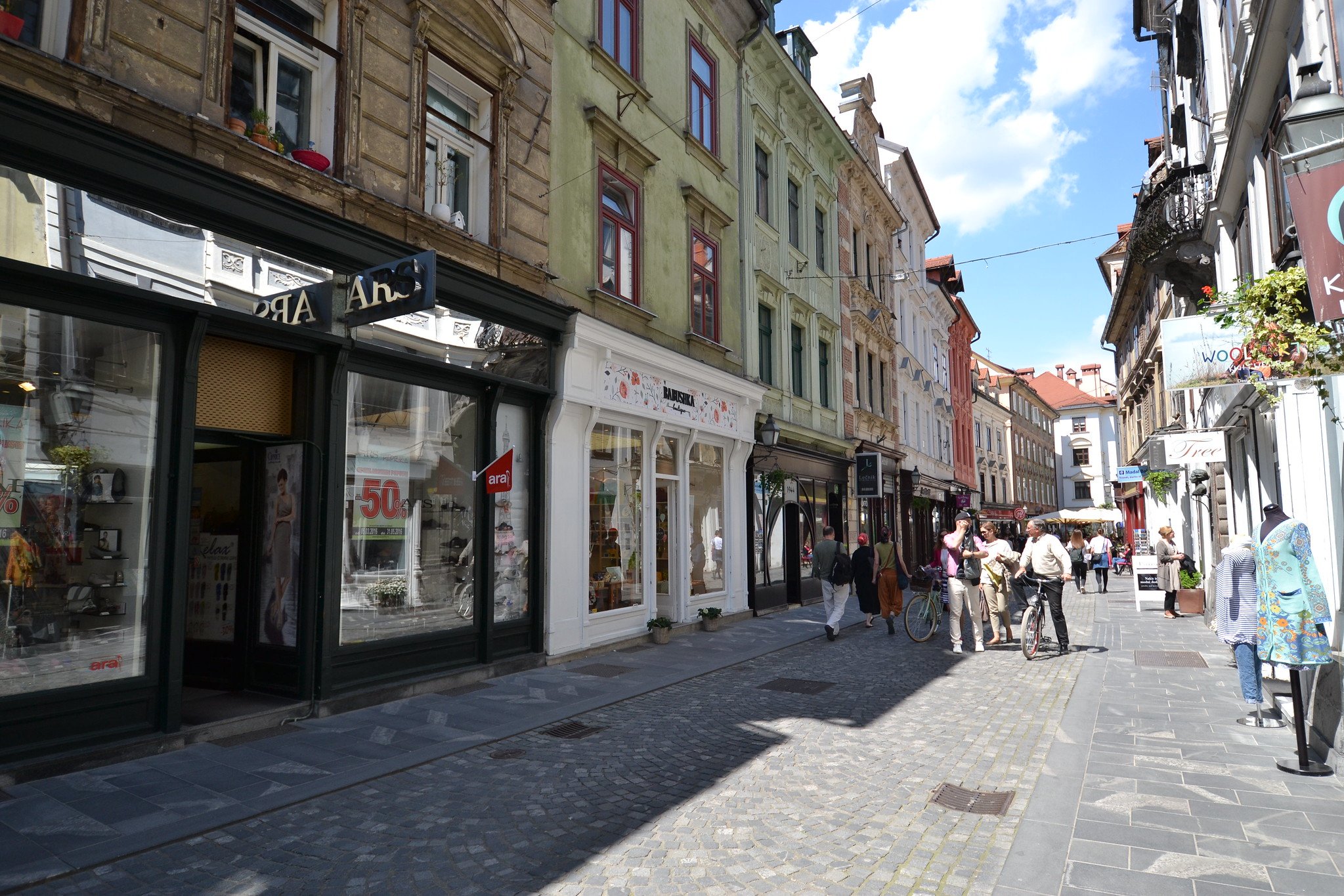
The municipality of Bled (7th Slovenian municipality), Ljubljana was monitored following an unexpected increased waste production. This problem appeared to be a consequence of tourism. When fewer tourists were visiting, waste production was substantially reduced. Zero Waste Europe discusses this in more detail in their Ljubljana article.
The waste produced in the tourist season typically comes from hotels and restaurants, because they use more single-use plastic for example. As discussed in the article, a campaign has been launched to help the hospitality sector reduce waste. There will need some time before we can see a change on a larger scale, but there’s hope!
This example highlights how particularly important it is to recycle, especially when traveling. As travelers, we have the obligation to try to produce as little waste as possible and reduce our impact on a destination.
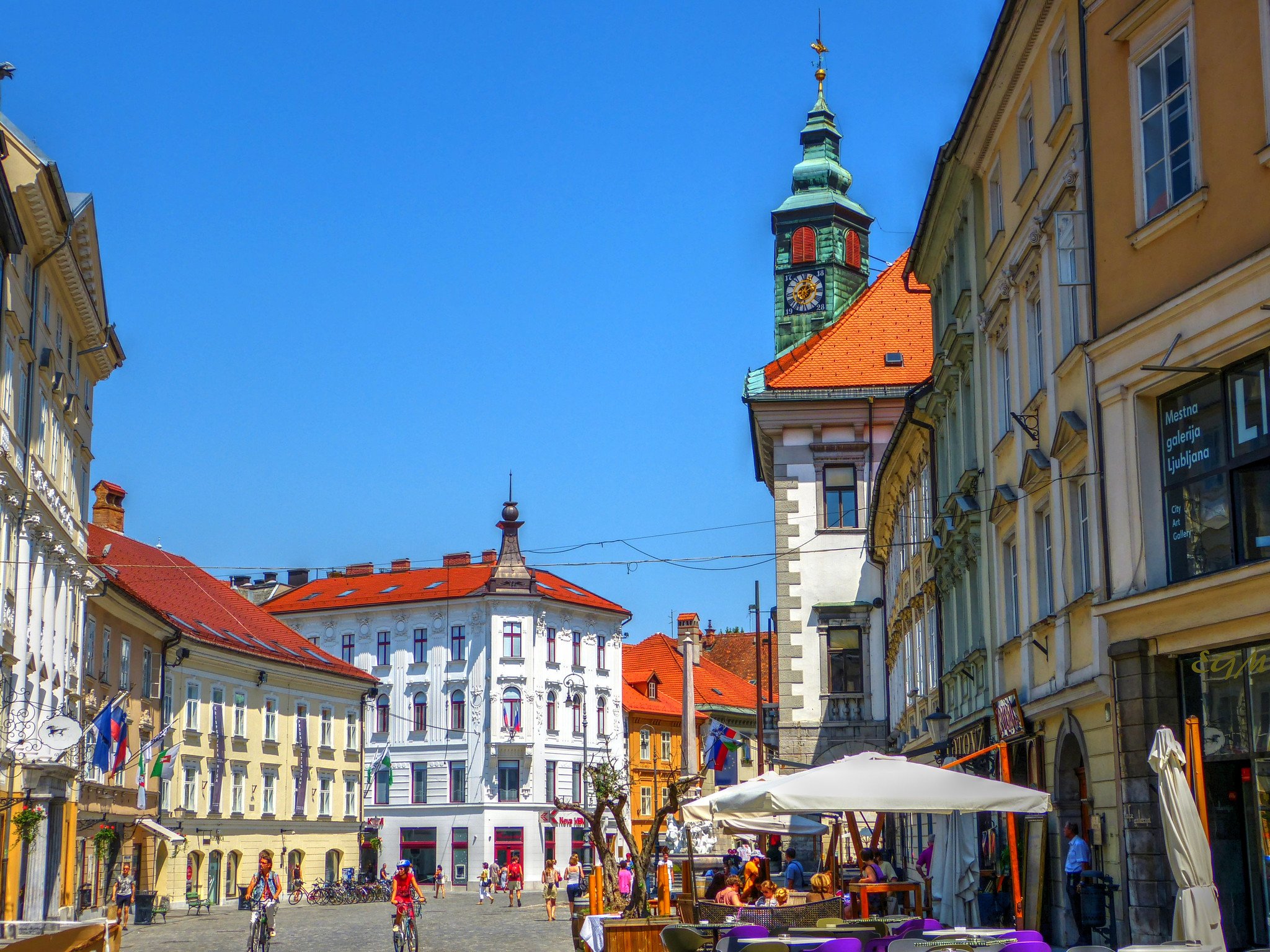
Despite not being known in the past as a green city, Ljubljana is now one of Europe’s most eco-friendly capitals. The article “Chasing zero-waste: How Ljubljana has become Europe’s recycling capital” explains that the city became Europe’s first capital city to commit to the zero-waste goal. Today, 80 percent less rubbish from the Slovenian capital goes to landfill as compared to 2008 and the city does not need incinerators anymore. This alone places Ljubljana on top of all European capitals on the recycling scoreboard.
Here’s our favorite spot by one of our Ljubliana spotters: Smetumet – Beautiful garbage
Copenhagen
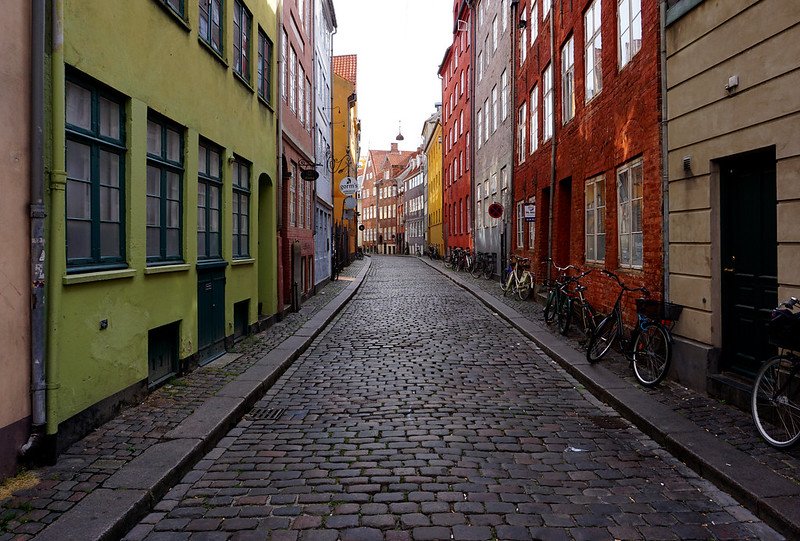
The nonprofit association Zero Waste Denmark, is working together with the city of Copenhagen to promote a Zero Waste lifestyle. The City is active in recycling campaigns, workshops, and events. According to the State of Green, Copenhagen now sends less than 2 percent of waste to landfill and 45 percent of the waste is recycled. They do so by using waste to generate heat for the city’s district heating network. The City of Copenhagen’s new resources and waste plan, ”Circular Copenhagen 2019-2024″, aims to recycle 70 percent of the city’s waste.
Here’s our favorite spot by one of our Copenhagen spotters: Wasteland.
Vancouver

According to National Geographic’s ranking, Vancouver is part of the community of cities adopting a Zero Waste approach. This was voted in 2006, and in 2018, “Zero Waste 2040” was approved. The city is adopting the following strategies to prevent unnecessary waste:
- reducing single-use items
- composting organic waste
- prioritizing a “circular economy”
Here’s our favorite spot by one of our Vancouver spotters: The Soap Dispensary
Prague
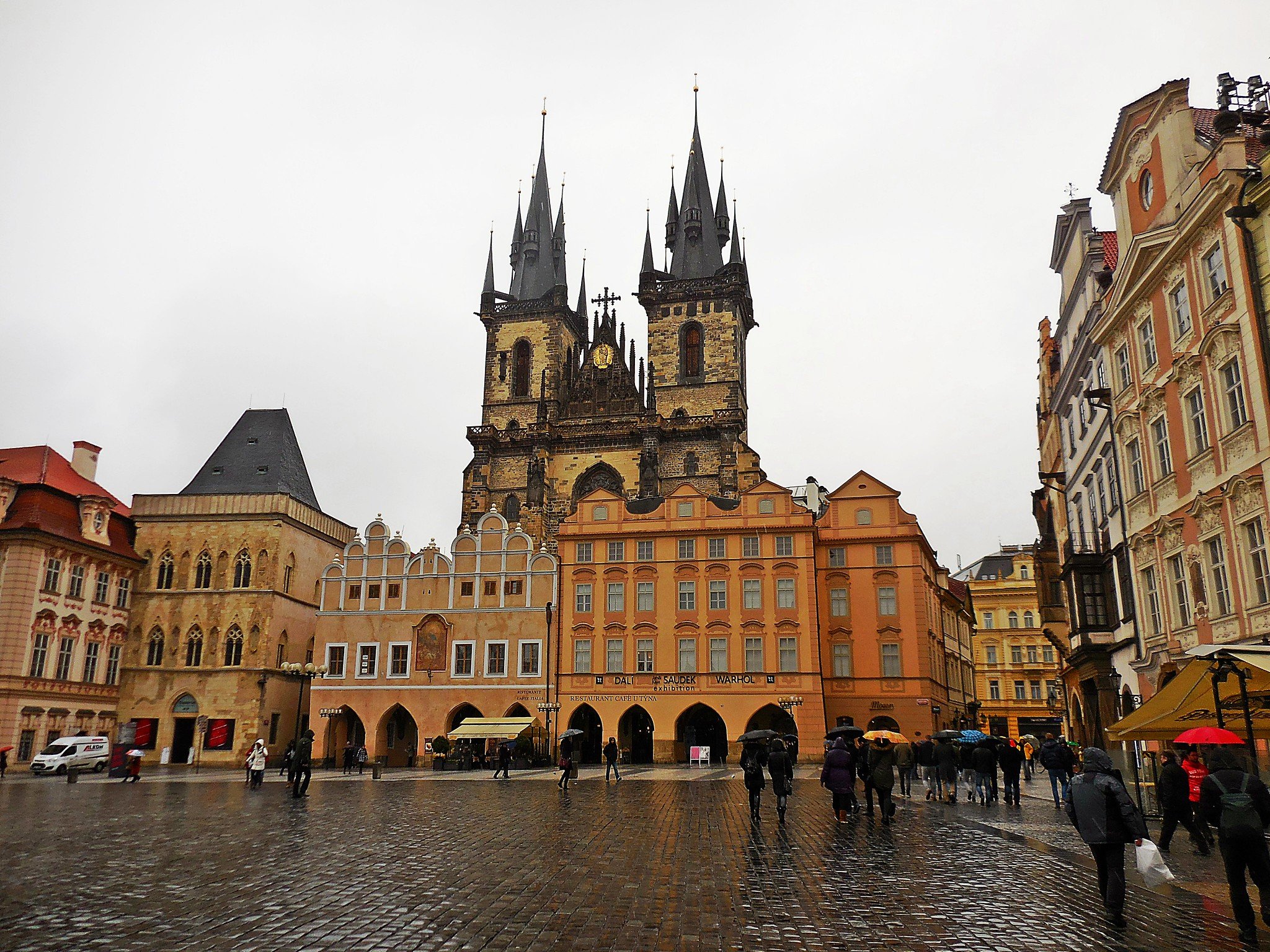
According to Brno Daily, Czech Republic was the third-lowest per capita generator of household waste in Europe in 2018. Furthermore, the amount of waste recycled has increased significantly over the past decade, from 10% in 2008 to 34% in 2018. Czech Republic is one of the lowest producers of waste in the EU but it has seen a significant increase in the last few years.
Looks like Prague could do with some support! Make sure you check this recycling guide out before you visit to help the city get on track to its Zero Waste Path.
Here’s our favorite spot by one of our Prague spotters: Bezobalu Zero Waste Shop
Minsk
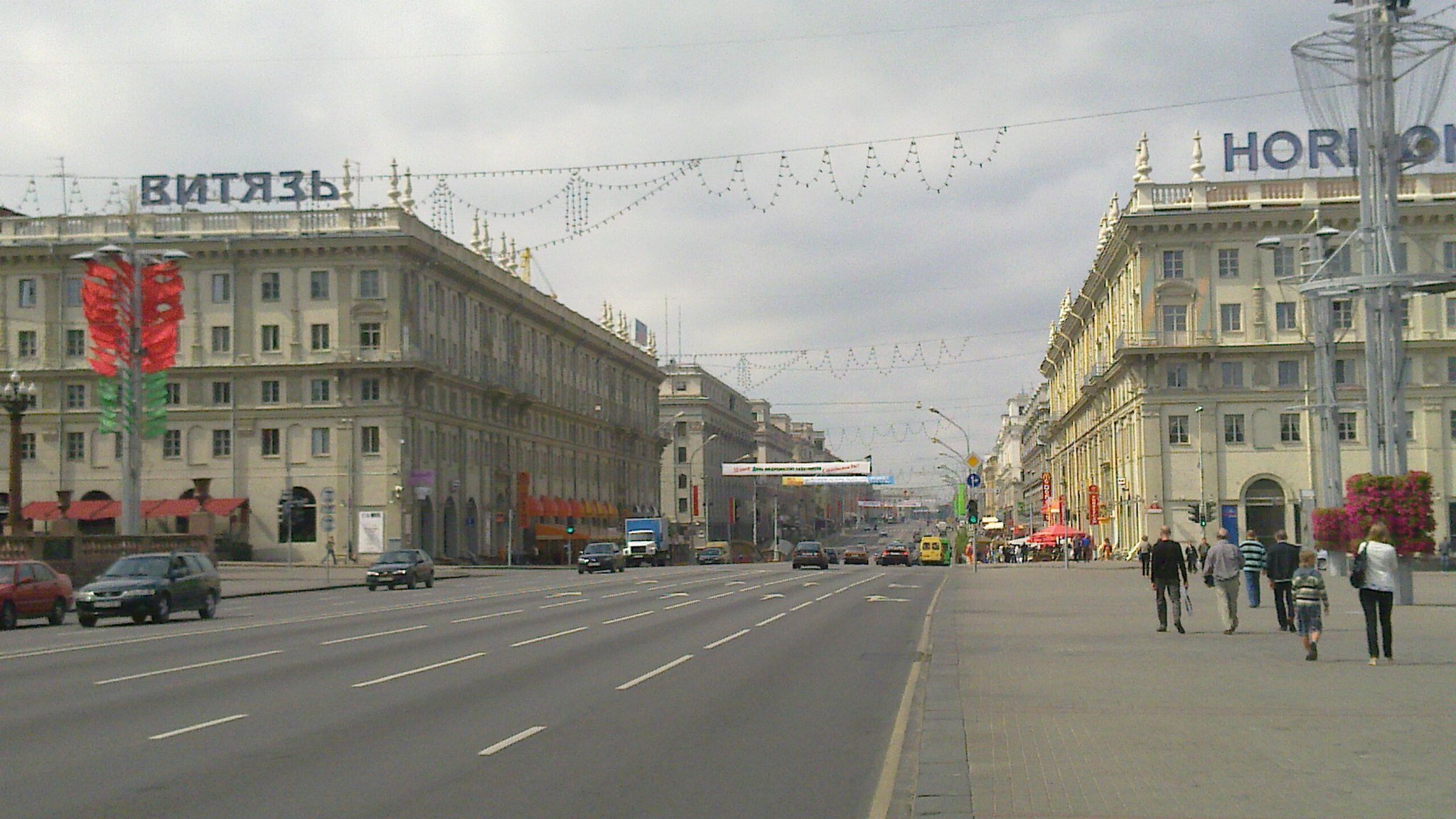
Mink has recently been in the spotlight for having recycling facilities and not recycling enough. Residents failed in doing so and this is related to inefficient recycling procedures according to Olga Astapovich.
In 2020 Belarus should start building 28 facilities to sort and recycle secondary raw materials for a quarter of all household waste. Some of those initiatives are:
- recovery of organic waste and using it as compost
- use of waste as an energy source.
And the private sector is also investing in the growing zero-waste community in Minsk. Check out the TIDEN cafe that took the courageous decision to lose a lot of sales on take-out coffee because of their zero-waste philosophy.
These are just some of the cities which are on the right track to achieve their zero waste goals. Many cities worldwide are taking part in initiatives to reduce waste such as door-to-door collection, Pay as You Throw, composting machines, refill stations, and many more.
Ljubljana’s example should really make us reflect on tourism impacts on zero waste initiatives and on a city’s waste management. This should give every traveler some insight into the problem, and the motivation to think about reducing their impact. It’s best to always keep informed and reaching out to the locals for tips and zero waste initiatives!
Hopefully, sooner than expected most cities will achieve their sustainability goals. Can you guess which city is going to be the next?

